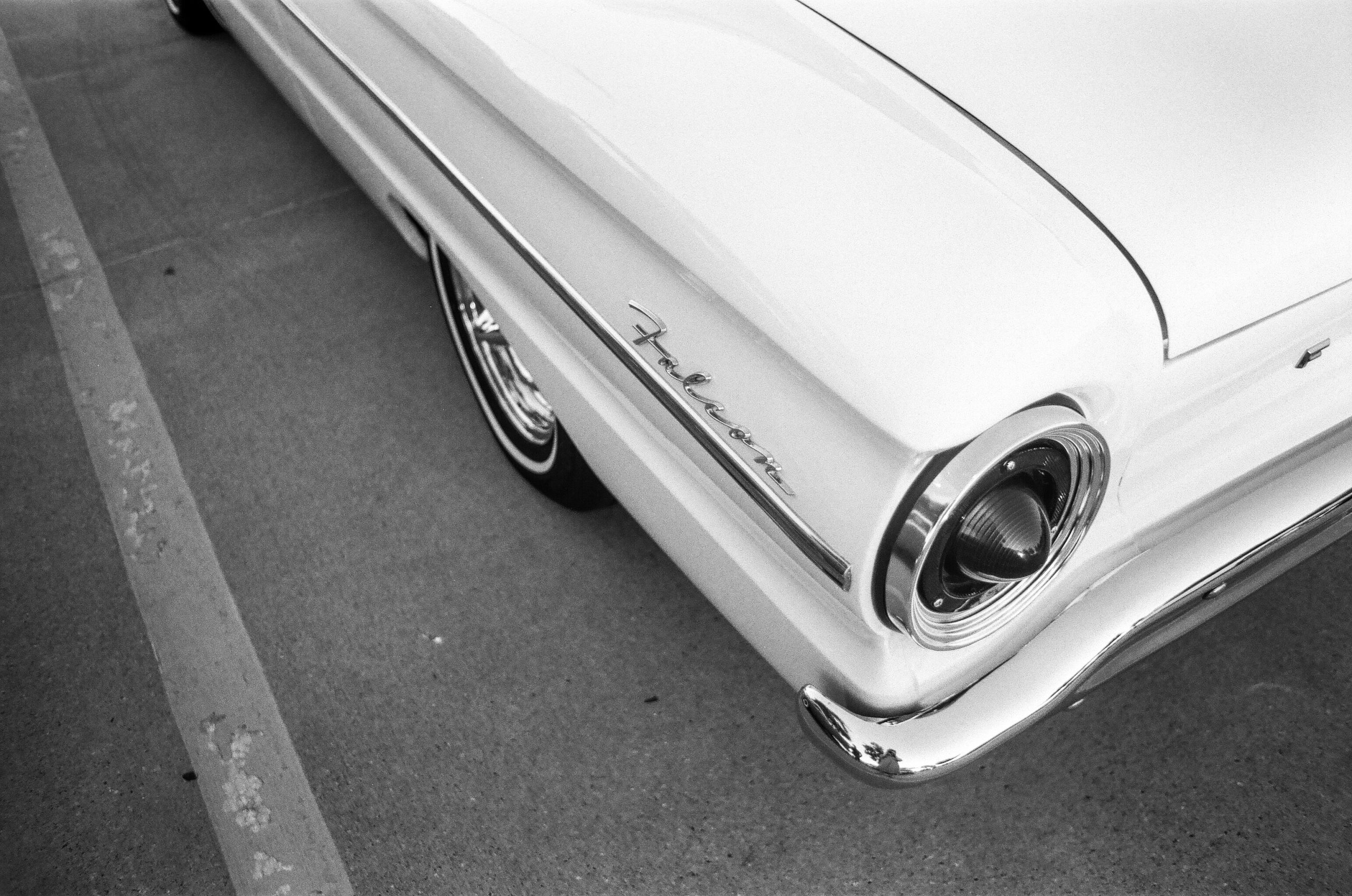Sanitizing Gadgets and Car Hygiene in 2025
As technology continues to advance, gadgets have become an integral part of our daily lives. From smartphones to laptops, we rely on these devices for communication, entertainment, and work. However, with the increase in their usage, we often neglect the importance of keeping them clean and sanitized. Similarly, our cars, which serve as our second home, also require proper hygiene for a healthy and germ-free environment. As we look towards the future, it is crucial to consider the impact of sanitizing gadgets and car hygiene in the year 2025. Let’s explore the trends and practices that will shape the way we maintain these essentials in the coming years.
The Rise of Smart and Sanitizable Gadgets
Gadgets in 2025 will not only be smarter, but they will also be easier to clean and maintain. With the rise of touchscreen technology, we have seen an increase in the number of smartphones and tablets with touch-friendly surfaces. However, these screens are notorious for harboring bacteria and germs, making them a potential health hazard. Therefore, it is no surprise that manufacturers are now focusing on creating gadgets with antimicrobial coatings or materials. These gadgets will not only help keep harmful bacteria at bay, but they will also be easier to clean and maintain.
Moreover, advancements in nanotechnology will lead to the production of self-cleaning gadgets that use UV-C light to kill germs and bacteria. This innovative technology will revolutionize the way we sanitize our gadgets, making it a hassle-free process. We can expect to see more gadgets with this feature in the coming years, making them a popular choice amongst consumers concerned about their hygiene.
Hygiene Monitoring and Feedback Mechanisms
In 2025, gadgets will not only be sanitized, but they will also provide real-time feedback on our personal hygiene. We can expect to see the incorporation of sensors that monitor the cleanliness of our hands before and after using a gadget. This feature will prove especially beneficial in healthcare settings, where maintaining hygiene is of utmost importance. Additionally, the feedback mechanism will prove to be a handy tool in educating individuals about the significance of maintaining personal hygiene and preventing the spread of diseases.
The Importance of Car Hygiene
Our cars serve as our mode of transportation and a sanctuary from the outside world. Therefore, it is vital to ensure that the environment inside is clean and free from germs, especially in a post-pandemic world. In 2025, car hygiene will become a top priority, and we can expect to see advancements in this aspect as well.
Car interiors will not only be easier to clean, but they will also come equipped with built-in sanitization features. For instance, car seats with antimicrobial coatings will prevent the growth of bacteria, and UV-C light technology will kill any harmful germs and viruses present in the car’s cabin. Moreover, we can also expect to see air filtration systems that will remove pollutants and allergens, making the air inside the car cleaner and healthier.
Contactless Interactions and Sanitization
In 2025, we can also expect to see the rise of contactless interactions in cars. From voice-activated features to gesture controls, these advancements will not only provide a futuristic driving experience, but they will also reduce the risk of spreading infections. Additionally, contactless payment methods and sensor-enabled doors will minimize the risk of coming in contact with germs and bacteria during our daily commute.
The Future is Clean and Sanitized
In conclusion, sanitizing gadgets and car hygiene will become a top priority in 2025 and beyond. Manufacturers and consumers alike will embrace advanced technologies to keep our essential devices and vehicles free from harmful germs and bacteria. The rise of smart and self-sanitizing gadgets and the incorporation of hygiene monitoring mechanisms will pave the way for a more hygienic future. Therefore, let’s make a conscious effort to keep our gadgets and cars clean, not only in 2025 but for years to come.










